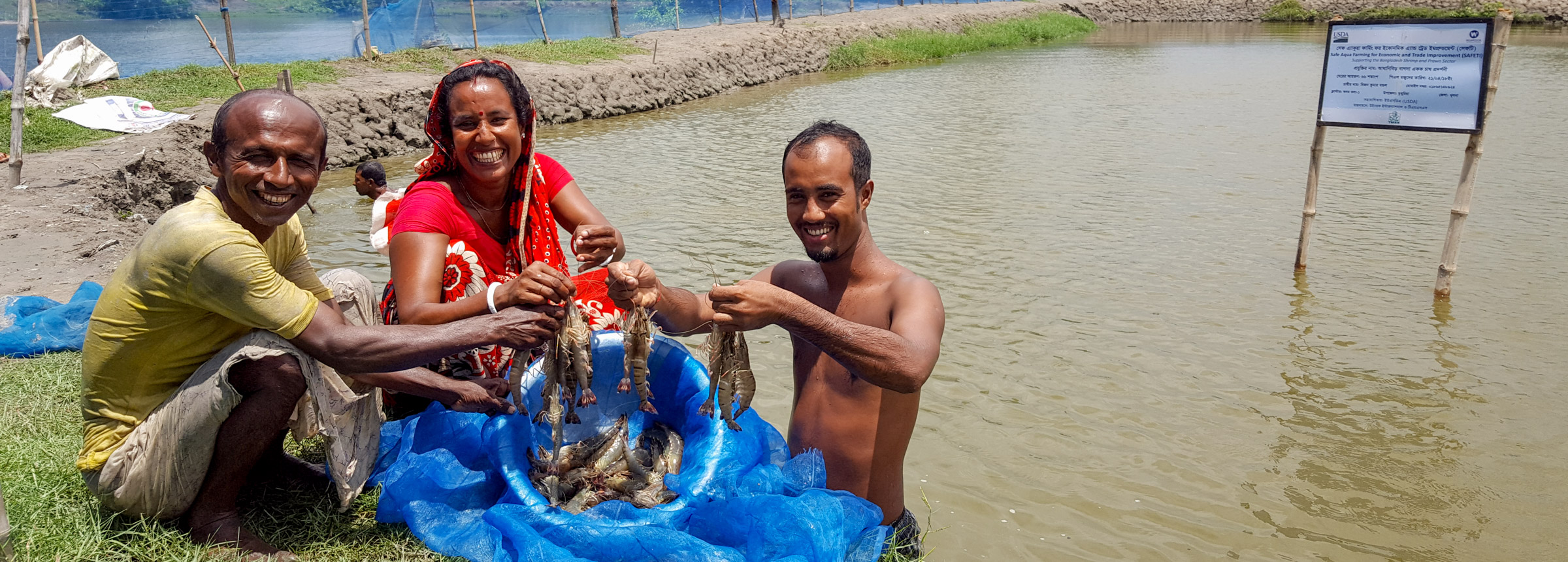Projects
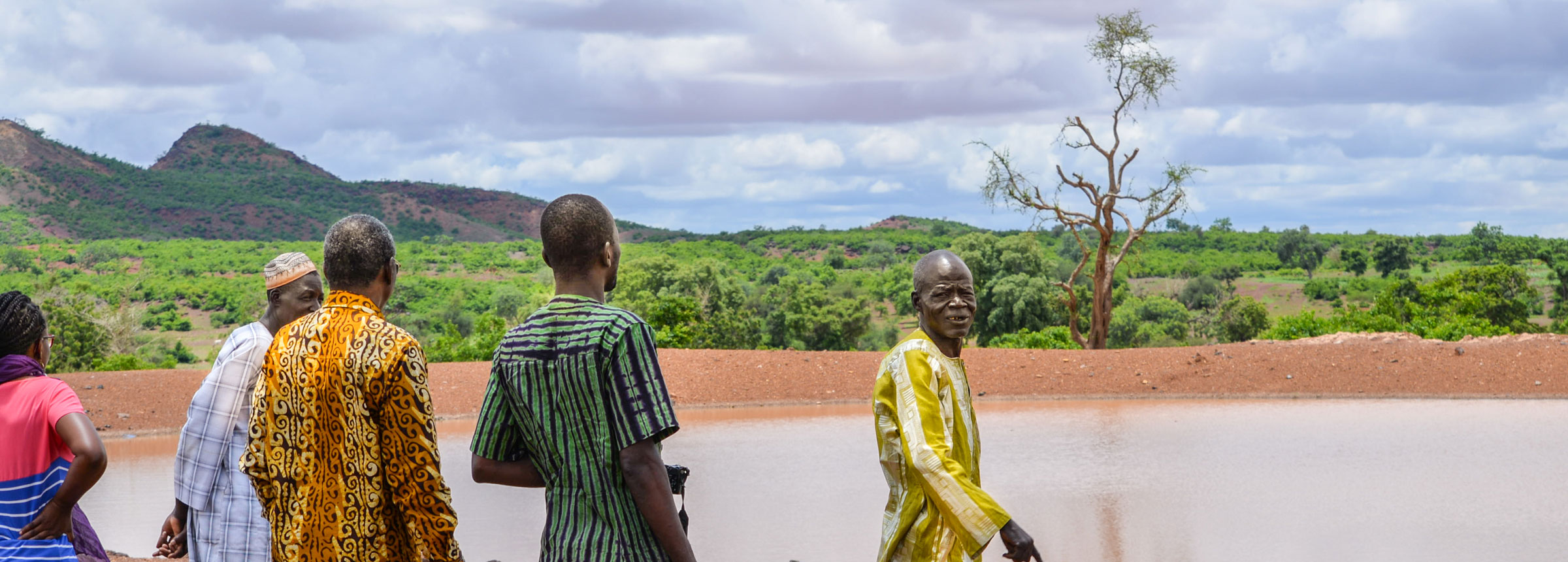
USAID TerresEauVie Activity
The USAID TerresEauVie Activity enhances social and ecological risk management systems in Africa’s Sahel region through three components: improved water security, enhanced sustainable productive land use, and improved management of shocks, risks and stresses. The activity improves the availability of, access to and safe use of adequate, reliable water and land resources for the health, […]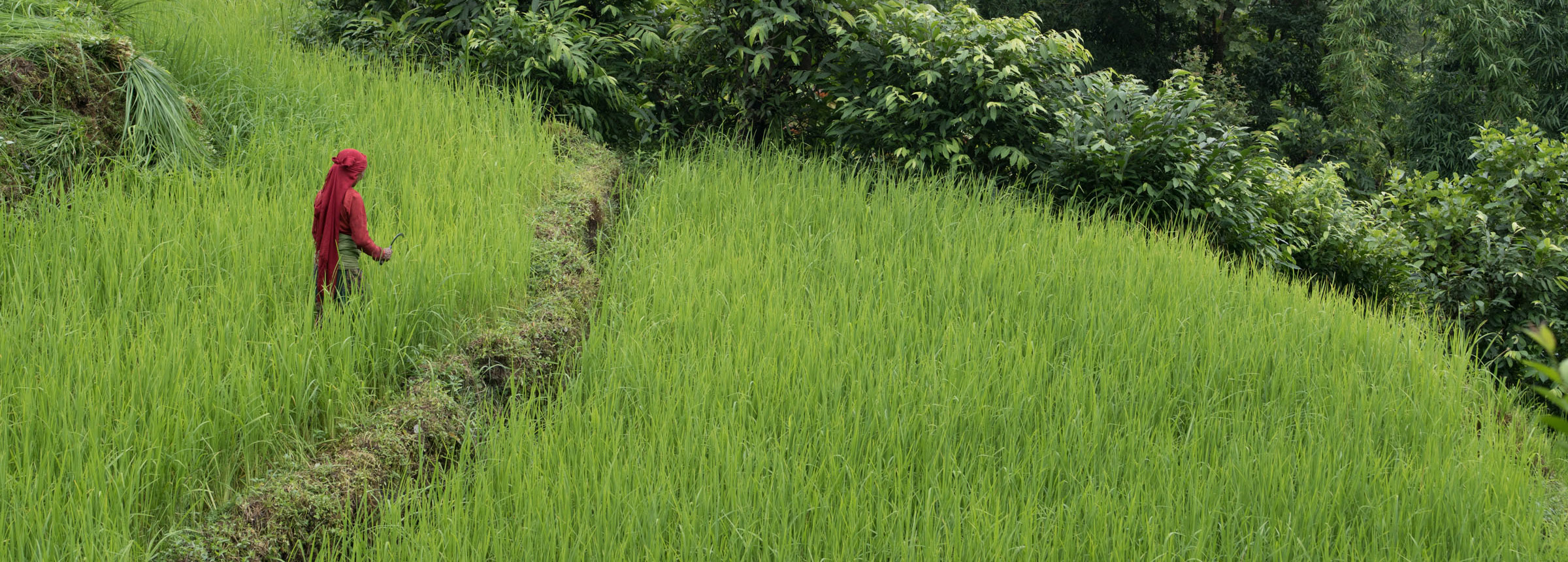
Feed the Future KISAN II
Nepal’s economy is dominated by agriculture, yet the country is one of the most food insecure nations in the world. Building on the progress made from 2013 to 2017 with the Knowledge-based Integrated Sustainable Agriculture and Nutrition (KISAN) I project, the KISAN II project works with the country’s private sector to improve on-farm production and…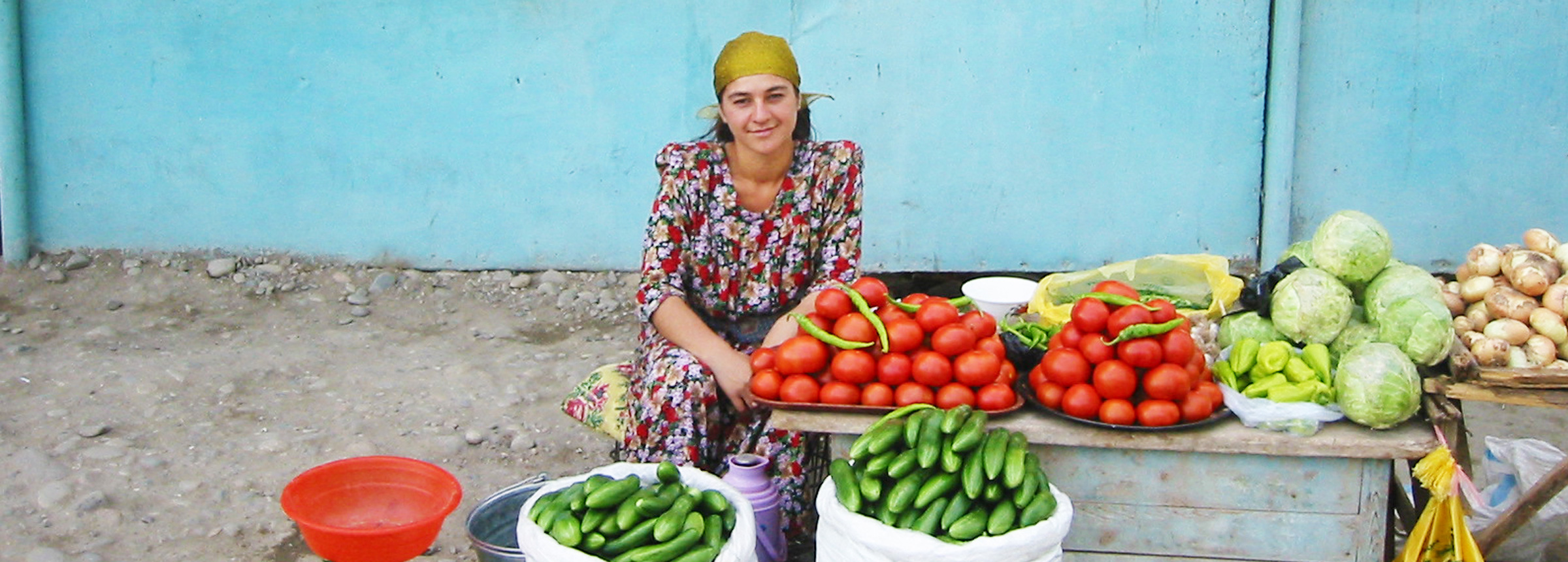
Agribusiness Competitiveness Activity in Tajikistan (ACAT)
Funded by USAID, the Agribusiness Competitiveness Activity in Tajikistan (ACAT) will increase the competitiveness, inclusiveness and resilience of the country’s market systems. The five-year activity will implement a market-driven, private sector-led approach to stimulate economic growth, increase employment and improve livelihoods by enhancing the competitiveness of Tajikistan’s agribusinesses in the dairy and horticulture value chains.…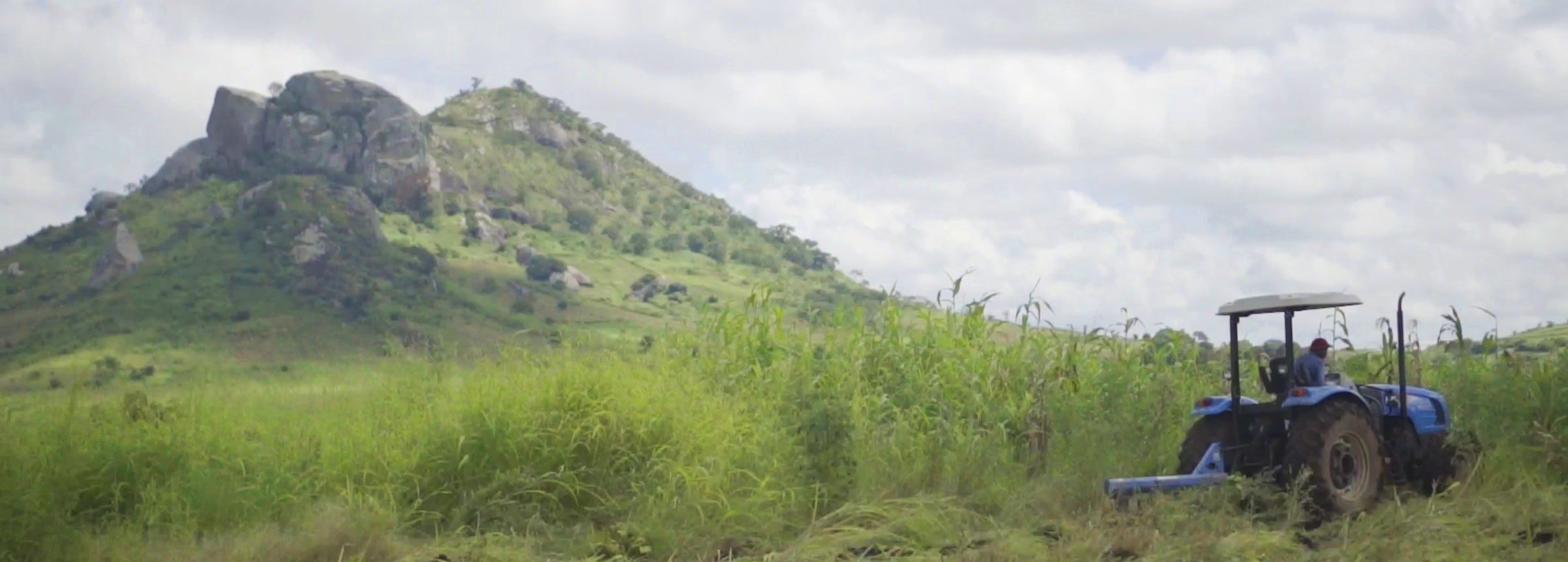
Feed the Future Resilient Agricultural Markets Activity (RAMA) – Nacala Corridor
In Mozambique’s Nacala Corridor, smallholder farmers, particularly women, play a critical role in any efforts to increase production. The USAID Mozambique Feed the Future Resilient Agricultural Markets Activity (RAMA) – Nacala Corridor will facilitate the adoption of good agricultural practices and technology to increase resilience and achieve sustainable increases in agricultural productivity to protect food…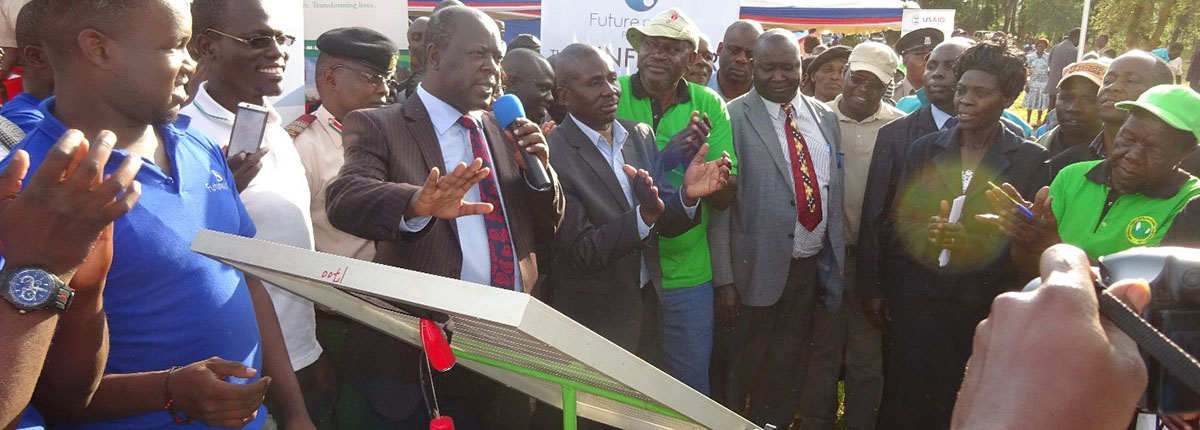
Kenya Smallholder Solar Irrigation Project (KSSI)
In rural Kenya, solar water pumps (SWPs) can help smallholder farmers save on fuel costs, increase acreage, and grow more than one crop a year. However, many farmers don’t know about these benefits or lack credit options to purchase their own SWPs. The USAID-funded Kenya Smallholder Solar Irrigation project (KSSI) works to accelerate commercial sales […]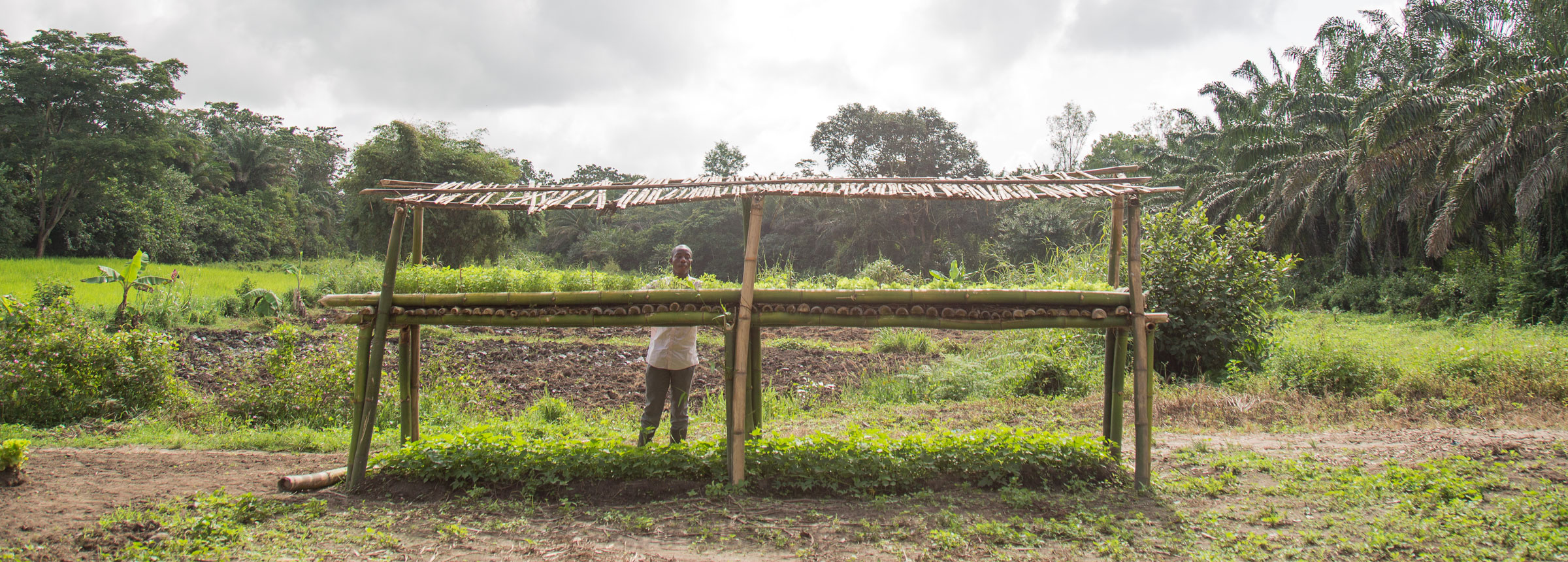
Guinea SMARTE
Guinea has plenty of farmable land and water, a large youth population, and three quarters of its labor force employed in agriculture. But despite these advantages, the nation is still one of the poorest in the world. One reason is the lack of opportunity that prevents women and youth from contributing significantly to the economy.…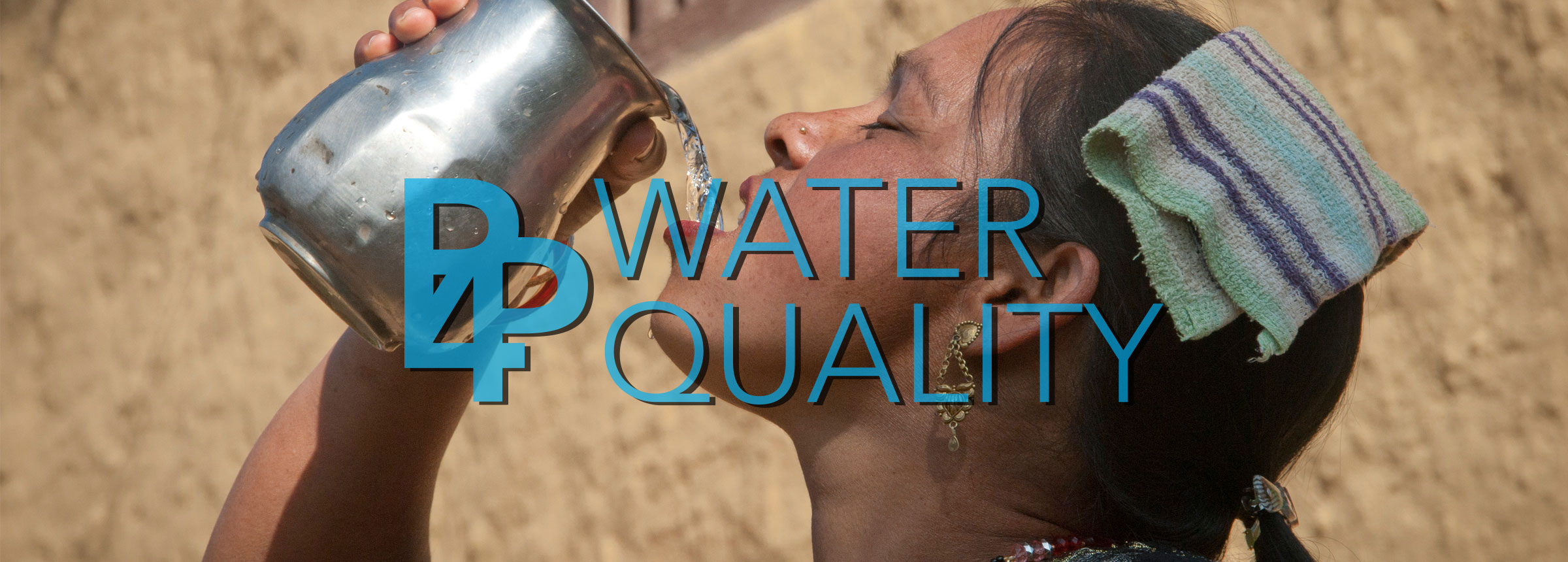
P4P Water Quality
Pay for performance (or P4P) isn’t just a way to incentivize sales professionals. Winrock has spearheaded approaches that financially reward farmers for reducing the amount of phosphorous that makes its way into rivers and lakes. Though phosphorous in fertilizer and manure helps crops grow, its runoff from fields also creates harmful dead zones and causes […]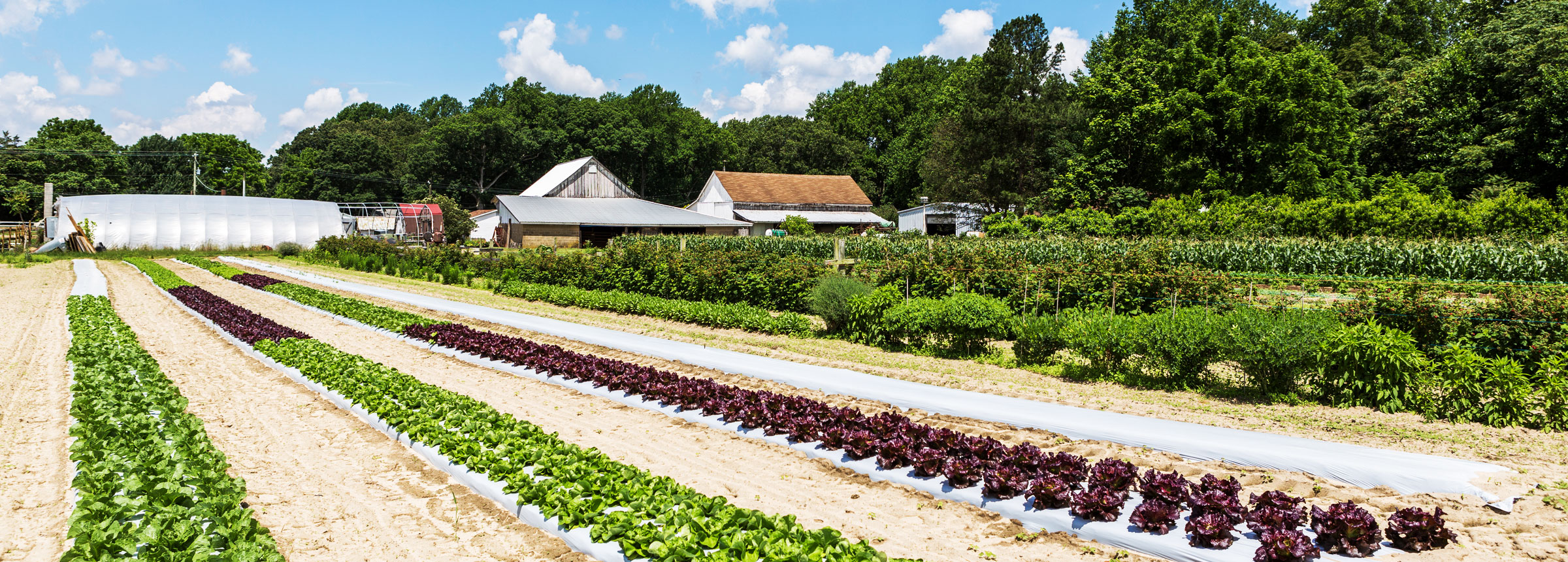
Wallace Center
The Wallace Center at Winrock International is a nonprofit organization with a mission to bring together diverse people and ideas to co-create solutions that build healthy farms, equitable economies, and resilient food systems. Our vision is that all communities have the power to nourish themselves and regenerate ecosystems through just food and agriculture systems. At […]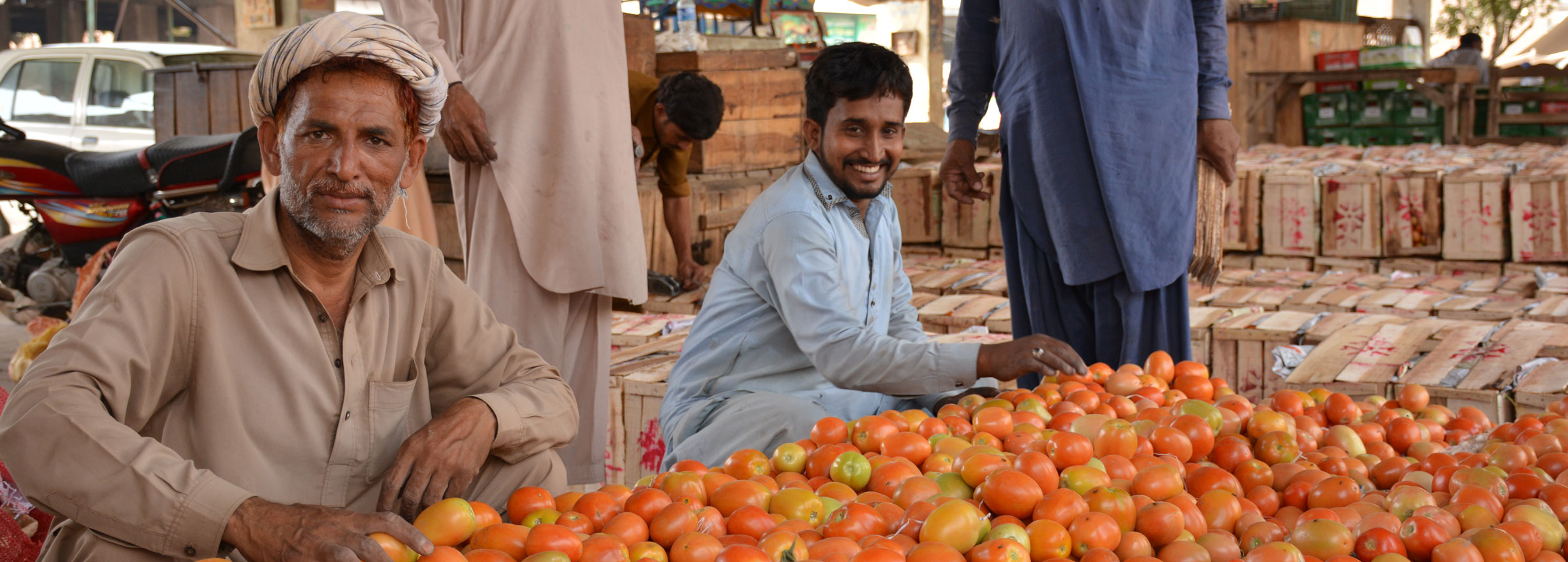
Pakistan Agriculture Development (PAD)
More than 40 percent of Pakistan’s laborers work in agriculture, but climate change and the country’s water crisis have slowed growth in this sector. The Pakistan Agriculture Development project, funded by USDA’s Food for Progress program, aims to increase production and reduce post-harvest losses for smallholder farmers in Sindh and Punjab provinces. By encouraging collectives,…